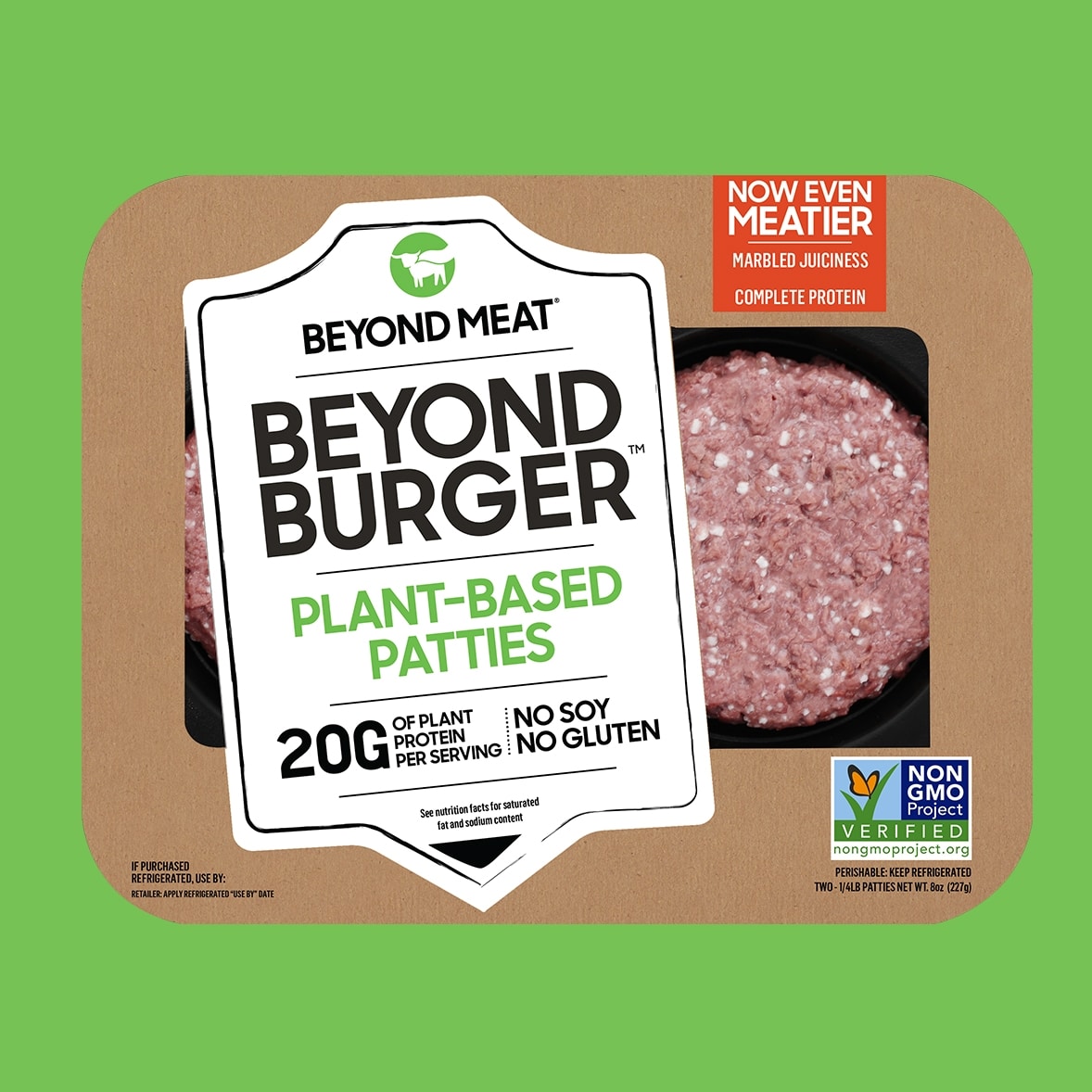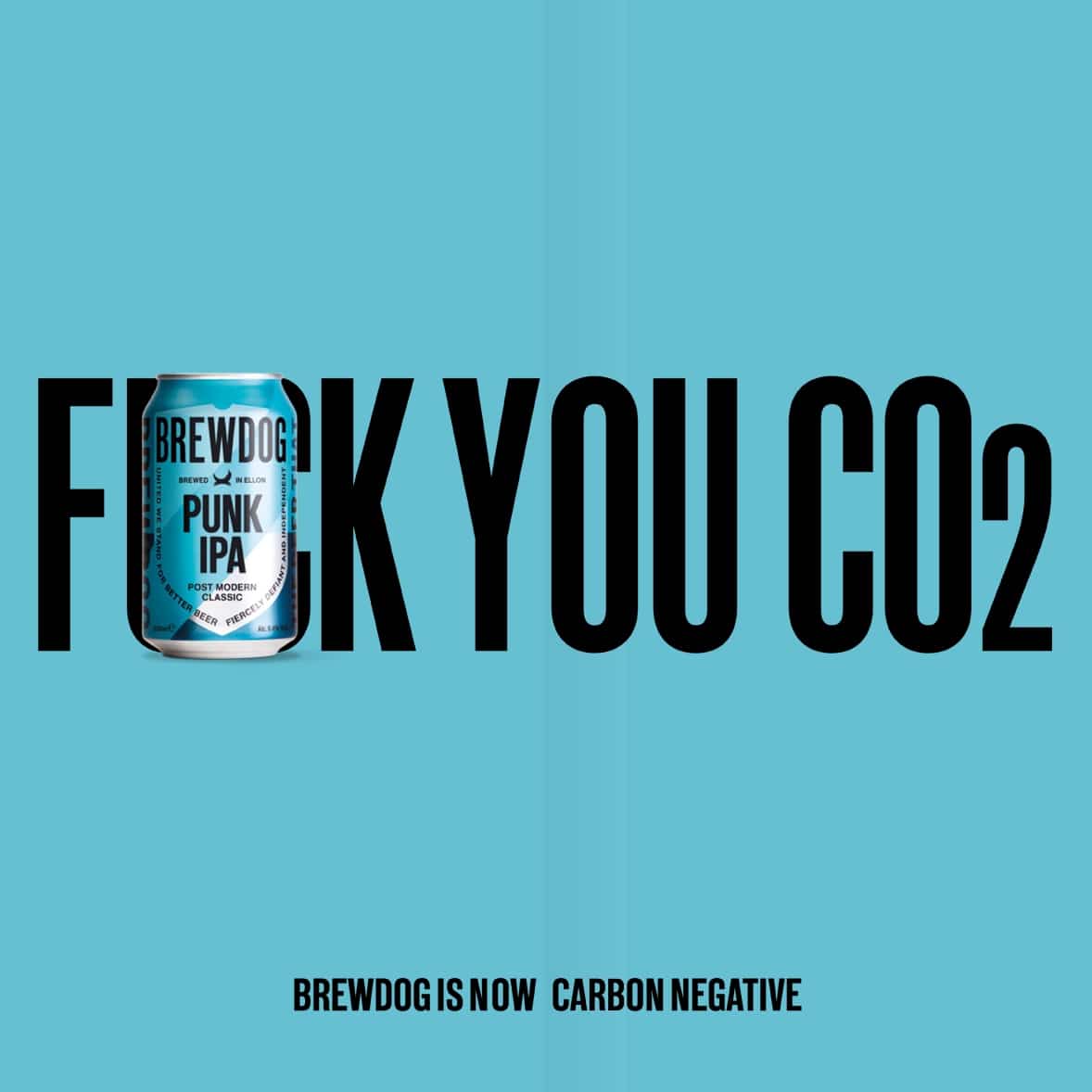Brands – by the people, for the people
Celebrity involvement in ethical forms of consumption and other food related issues has been increasing over recent years, according to Johnston and Goodman. A report by market research company Million Insights also states "Increasing consumption of vegan foods among celebrities has created a mass appeal and consumers are increasingly adopting it." And this trend doesn’t stop at food, but applies to all manner of social and environmental issues from slow fashion, zero plastic, to inclusivity, equality and climate change.

Celebrity endorsement is no new phenomenon, in fact it dates right back to the 1760s. But whereas previously these endorsements were brand led, instigated by corporations and businesses looking to increase the appeal of their product or service with a familiar and sympathetic face; today celebrities are incredibly self-aware and they (and what they stand for) are highly marketable products too.
They have created their own personal brands with their own strategies and have garnered a loyal and engaged target audience that clicks ‘follow’ and ‘like’ and more importantly ‘shop now’ in their hundreds of thousands.
Authentic conversation
In recent years, these celebrities have closed the divide between themselves and their fans, and as a result their brands have grown and so has their influence. Whether it’s highlighting a healthier plant-based diet, a social issue, environmental concerns or a favourite pair of trainers – they have become the trusted and authentic communicator of the brands they represent.
Celebrities are brands in their own right, aligning themselves with causes that they not only truly believe in, but that move their own ‘brand’ forward. These aren’t flash-in-the-pan publicity stunts, here one day and gone the next. These are lifelong pursuits and ambitions to ultimately make the world a better place.
When Sir David Attenborough joined Instagram, he racked up more than 1 million followers in less than 4 hours, and this huge impact between the celebrity and their audience has made brands sit up and take notice.
Encouraging long-term engagement
Brands are learning a thing or two from celebrities, positioning themselves alongside core environmental and ethical concerns. And while their motivations for doing so can’t be called entirely selfish, a large part of the decision is down to growing an audience, and increasing market share. However, it’s important to do so in an authentic and credible way, that truly connects your brand with your audience, encouraging long-term, sustainable relationships.
Celebrities have a more direct and transparent outlet to their audience. Through their channels they talk on a resolutely human level about their passions, interests and concerns. Their approach is more like that of a like-minded friend, talking frankly and honestly and in some instances with a no-holds-barred approach. This same audience now demands the same accessibility and transparency from brands and companies.
Building your brand on something that matters
This social shift is changing the way brands communicate with their audiences today. Those that do it well don’t just append an issue onto the side of their brand, piecemeal. But rather build the foundations of their brand upon ethical causes and agendas that complement their proposition seamlessly. In some cases, it can be difficult to distinguish if the ‘cause’ is the means to selling the product, or if the product is the means to advance a cause. And when your brand is that clever, audiences will buy into it. Disruptor brands are particularly adept at this, for example:
- Who Gives A Crap – a toilet paper company delivered at a very competitive price to your door with zero plastic, made from 100% recycled paper. 50% of their profits are donated to building toilets.
- Stay Wild Swim – an ethical swimwear company set up by influencers, made from recycled ocean plastic, with carbon neutral shipping, made in the UK, with a focus on body positivity and slow fashion…the list goes on.
- Starling Bank – This digital-only bank knows exactly who their audience is. Their strapline ‘Changing banking for good’ encapsulates their ethical approach to responsible banking. From only investing money in ethical initiatives, to championing inclusivity, this bank is shaking the market up well and good.
- Beyond Meat – This plant-based meat substitutes company boasts strong celebrity endorsement and is founded on sustainability and reducing the carbon footprint of their foods. In 2018, they received a Champions of the Earth award from the United Nations, applauding their efforts in sustainable practices.
- Brewdog – The world’s largest craft brewer is the first in its market to become carbon negative, removing twice as much carbon from the air than it emits every year. Their Make Earth Great Again sustainability report details an ambitious list of (realistic, achievable) goals to make a positive impact on the plant.



The human touch
With the vast amounts of communication an individual is bombarded with on a daily, even hourly basis, it’s more important than ever that brands reach out to their audiences on a human level. While this is certainly nothing ground-breaking, as many brands have been doing this for years, it’s becoming more common practice. Ultimately brands are seeking to establish the tone of an individual speaking to another individual, much more personally than they have ever done previously. Connecting with like-minded people using a CSR strategy as the basis for that engagement, ensures these are connections built on true meaning, and are therefore built to last.
But be warned, these engaged audiences can spot inauthentic content a mile off and are quick to highlight it, whether that be cynical marketing by big brands jumping on the bandwagon or being challenged on their social accountability. For example:
- Nike and Adidas were called out for their support of Black lives Matter by disgruntled employees with claims of racial inequality in the workplace. Both brands have no ethnic minorities on their senior management team.
- Lush, who speak consistently about environmental causes in their marketing, came under fire when it was highlighted many of their products are packed with harmful preservatives, such as parabens.
- The Body Shop got into hot water over their use of petrochemicals and plastic packaging.
If this teaches us anything, it’s that it’s so important to practice what you preach. Brands are now starting to wise up to the effect their environmental practice and corporate social responsibility has on their brand equity. And consumers are punishing them in turn for falling short.
Even big ‘untouchable’ brands have fallen foul of the backlash – take Coca Cola being named biggest polluter of plastics in 2020 or Amazon getting called out for their new packaging that cannot be recycled.
The future of brand strategy is very much with the people
As brands continue to adopt this more human approach with their audiences, we’ve certainly entered into a new elevated age of brand strategy. Today, people are savvier than ever, they know when they’re being marketed to. And brands are finally waking up to how important the voice of their customers can be, and how powerful that voice is too.
Learning how to truly connect with their audiences on an emotional level is proving, for many brands, a far more lucrative approach than just selling goods and services alone. Communicating their strategies transparently, honestly and providing people with evidence that what they do has a positive impact on their lives, their communities and our planet – it’s a strategy that we’ve already seen pay dividends for brands that do this well.
But they better be careful – their audiences are watching very closely.
If you’re interested in learning more and want some actionable tips on marketing for CSR and sustainability strategies, check out this article.
To find out about how we can help you, get in touch with us today. Alternatively, for the latest marketing and branding news, take a look at our Articles page.